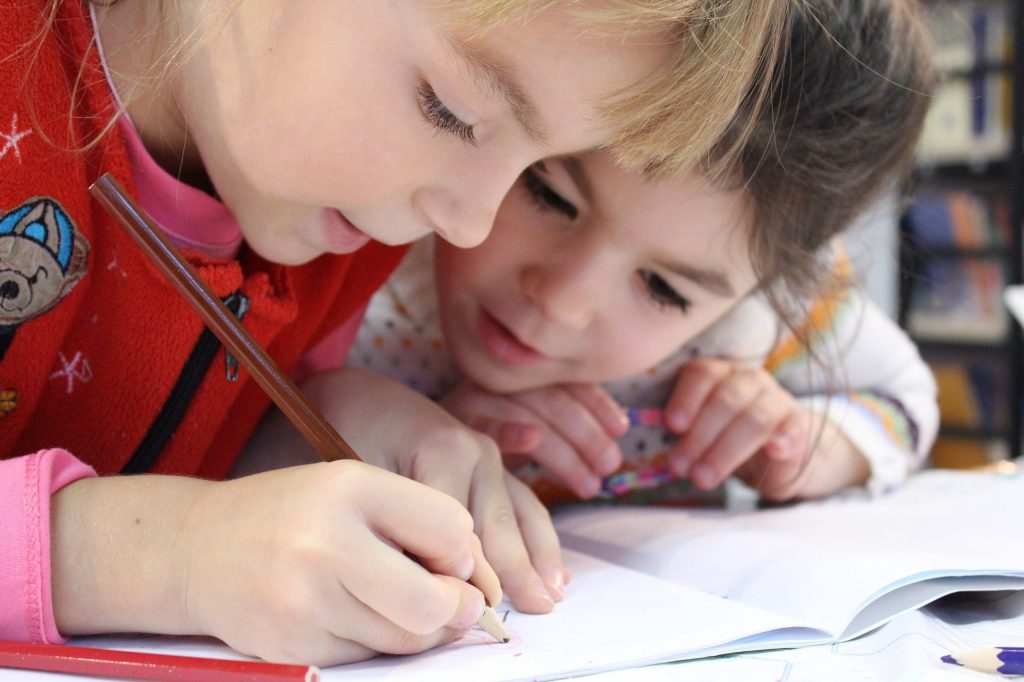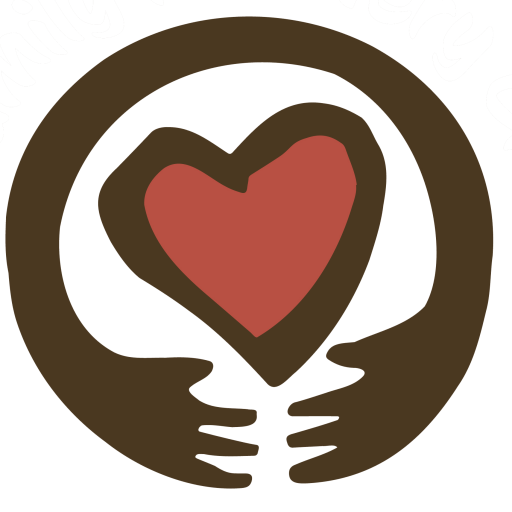Getting Started
What kinds of questions might I ask about a perspective adoption?What kind of information do I need about my adopted child? When is it provided?
- Why the child was initially (and, if applicable, subsequently) placed in foster care
- A description of the home environment from which the child was removed
- Details about the child’s other placements while in care
When children join a new foster or adoptive family,they often bring complicated histories that include abuse and neglect.
Some children have multiple diagnoses that affect their health, social and emotional well-being, and school performance. The more you know, the better prepared you can be to advocate for your child and handle situations as they may arise. Accurate information will also help you know more clearly why and when you may need to seek support from various professionals, get advice from experienced foster and adoptive parents, or tap into other community resources for help.
Social and Medical History
Start by learning as much as you can about your prospective child's social and medical history from your state, province, county, or agency. Specific rules on what must be shared vary by state and province. You should seek the following information:

- The child’s school records and other details about the child’s educational experiences and abilities
- An assessment of how well the child interacts with peers, adults, and others
- Immunization and other health records (including diagnoses such as fetal alcohol spectrum disorder (FASD) and problems arising from other prenatal drug exposure or pre-term delivery, attachment difficulties, learning disabilities, emotional and behavioral problems, and other mental health concerns)
- A checklist of the child’s behaviors, and how certain diagnoses and issues play out in family life as well as how other families have learned to cope with them
- Non-identifying details about the birth parents (including their general background, education, employment, armed services history; social or medical risk factors, drug usage, medical and mental health history, other children, and extended birth family history). Also inquire about the birth mother’s care during pregnancy, and any risk factors for the child due to the mother’s experiences during pregnancy or complications during delivery.
Information from Former Caregivers
Former caregivers may also be willing to share what they know about the family and offer insight about the child. Questions you might ask include:
- What information about the child’s and the birth family’s social and medical history do you believe is significant?
- What is missing from the paperwork?
- How can I get more information?
- Currently, how is the child’s health? Are there any diagnoses or allergies you know of that are not listed in his file?
- Is the child still in touch with his/her birth family? If not, when was the last contact the child had with the birth family?
- Does the child have siblings? Does the child have contact with the siblings? Will contact continue and to what degree?
- Is the child showing behaviors related to abuse, separation, or other trauma? Have other children been victimized by this behavior? If so, how?
- How many moves has the child experienced in foster care? What were the reasons for the moves? How is the child functioning as a result?
- How does the child relate to peers in the neighborhood and school?
- What methods of discipline does the child respond to best?
- What comforts the child? What comforting objects do you think should follow the child into adoption?
- What items, smells, foods, experiences, or events seem to trigger negative behavior in the child?
- What, in your opinion, is at the root of these behaviors? What in the child’s past might be causing him or her to behave in certain ways?
- Would you be willing to tell the child that he or she has your permission to join our family?
- Would you be willing to maintain some contact with the child during the transition to adoption? Provide respite care?
Take Action
After gathering all the information you can, the most important thing you can do is to firmly commit to doing whatever it takes to help the child let go of the pain from his past and learn to face the future with hope. To learn more about the importance of family background information and find links to specific state laws, visit the Child Welfare Information Gateway
I'm having problems with the child welfare system. What can I do to help change it?
If you want to help change the system, join others who are already working in that area. Contact the parent groups in your area (find a database of groups at this link) to find out what they are doing or if they know of other advocacy groups you can get involved with. To report a specific problem, contact your adoption manager or the NACAC representative in your state. You may also want to contact one of AdoptUsKids’ Training and Technical Assistance consultants (a directory of staff and consultants is available at AdoptUsKids: Permanency - Tools and Resources).
